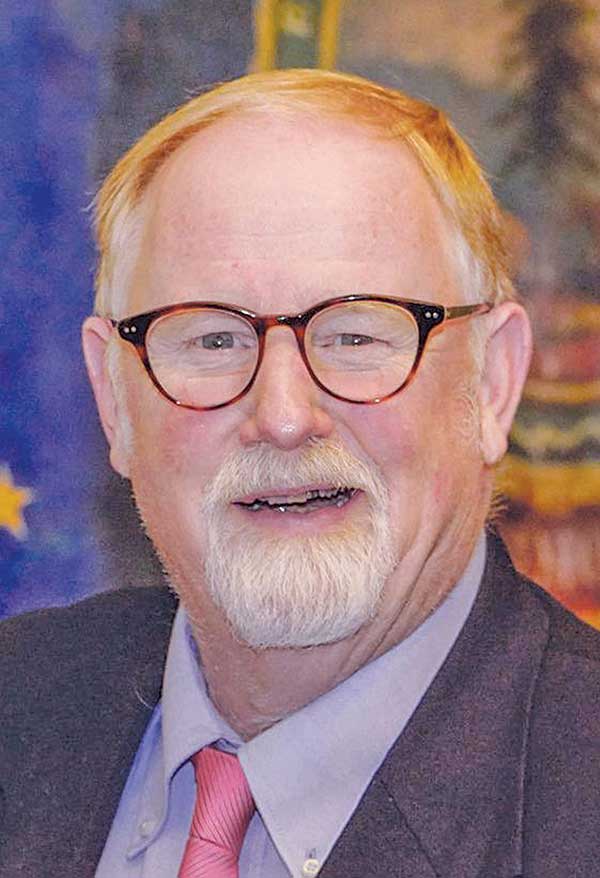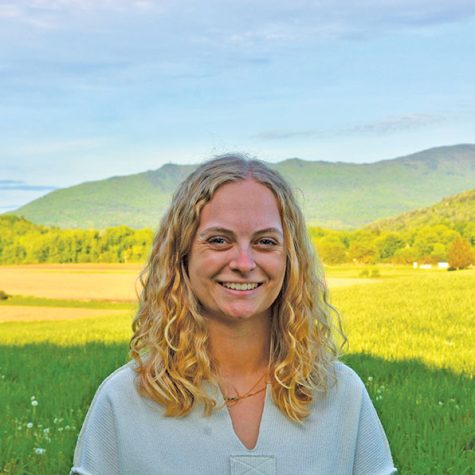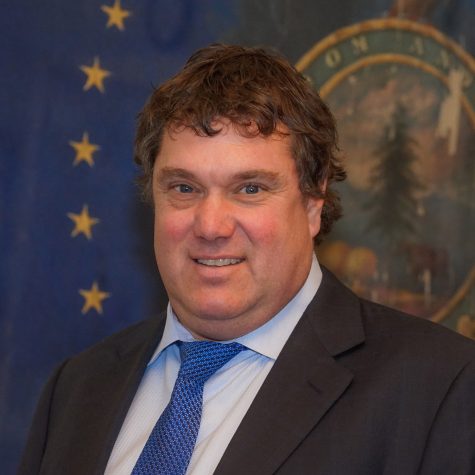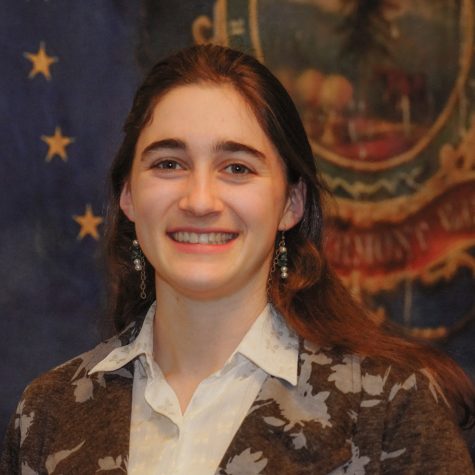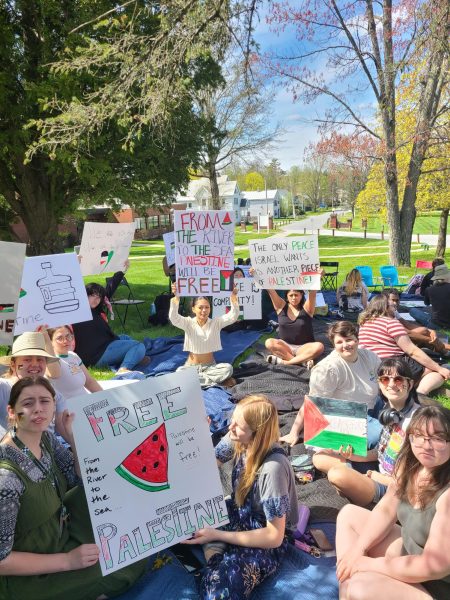Appropriations must navigate spending requests
David Yacovone
The next two weeks are crucial for my committee, the House Committee on Appropriations. Whether you call it “crunch time” or “when the rubber meets the road,” key budget decisions that impact nearly every Vermonter are on the table. The pressures seem unrelenting on multiple fronts.
There are two types of funds and requests. There are one-time funds, which are scheduled for only one or two years. You would not use these funds to give pay raises, for example, because the money to continue long-term would evaporate.
Requests for federal pandemic spending exceed available one-time funds by $61 million. Some say spend all you can on housing. Others say use the money to clean up our waters and brownfields and other environmental problems. Others call for more cellphone towers and the expansion of high-speed internet.
Other expenses and the funds to pay for them are known as base spending, or base funding. Baring a recession those funds will likely be around each year. We have reserve funds set aside to help handle the peaks and valleys that an economic downturn can cause.
Base spending pressures are no different. We have been asked to fund $70 million more than what we have from other legislative committees.
Other proposed laws will require another $10 million. Those requests include money to regulate telemedicine, fund more in primary care and nursing scholarships, restore funds for E911 services and more. Other asks include $10 million for University of Vermont and $5 million for the Vermont state colleges. UVM supporters say they need it to help keep tuition level and that it has been years since they received an increase. State colleges remind us that they are still rebounding from an extreme financial situation.
Others call on us not to spend more but to use some tax revenues so military retirees do not have to pay state taxes. Then there are others who say eliminate Vermont taxes on Social Security income like many other states do. Together these request total nearly $4 million.
Key community safety net providers, such as mental health agencies and home health organizations, want a 10 percent wage increase that totals nearly $20 million. These organizations are budgeted to receive a 3 percent increase, but they rightfully claim they need more during this period of worker shortages.
There is no shortage of needs. Nursing homes, child care centers, hospitals, physicians, anti-hunger programs and taxpayers all asked for some relief.
My mother was fond of saying “all things in moderation.” I wish our fiscal challenges could be solved with such simplicity. Our budget now is much like a fiscal Rubik cube, a maze of tangled funding streams and unending needs to be met.
Just as we began to finalize our work, we learned from Gov. Phil Scott that he wants us to find another $650,000 to provide humanitarian relief to the people of Ukraine. Anyone with a heart must feel for the people of Ukraine.
However, should such aid come from taxpayers or charity? We will not ignore them in their time of need, but to be clear whatever we can give them from the state treasury means less for someone or something in Vermont. I prefer a response from charitable organizations, not Vermont state government. We live in an era of hard choices among the land of plenty.
David Yacovone, a Democrat from Morrisville, also represents Elmore, Woodbury and Worcester in the Vermont House.


